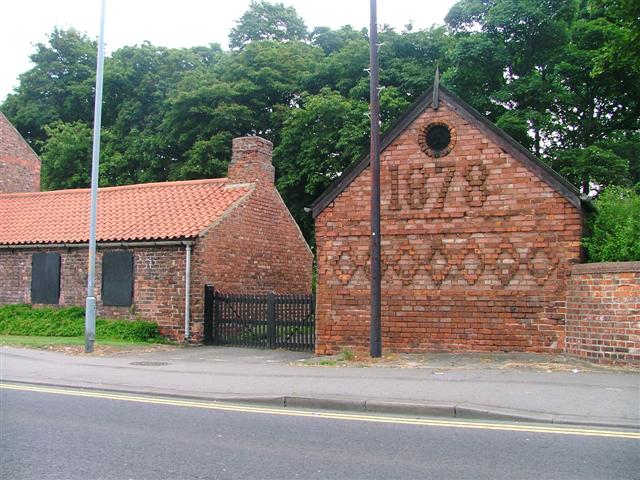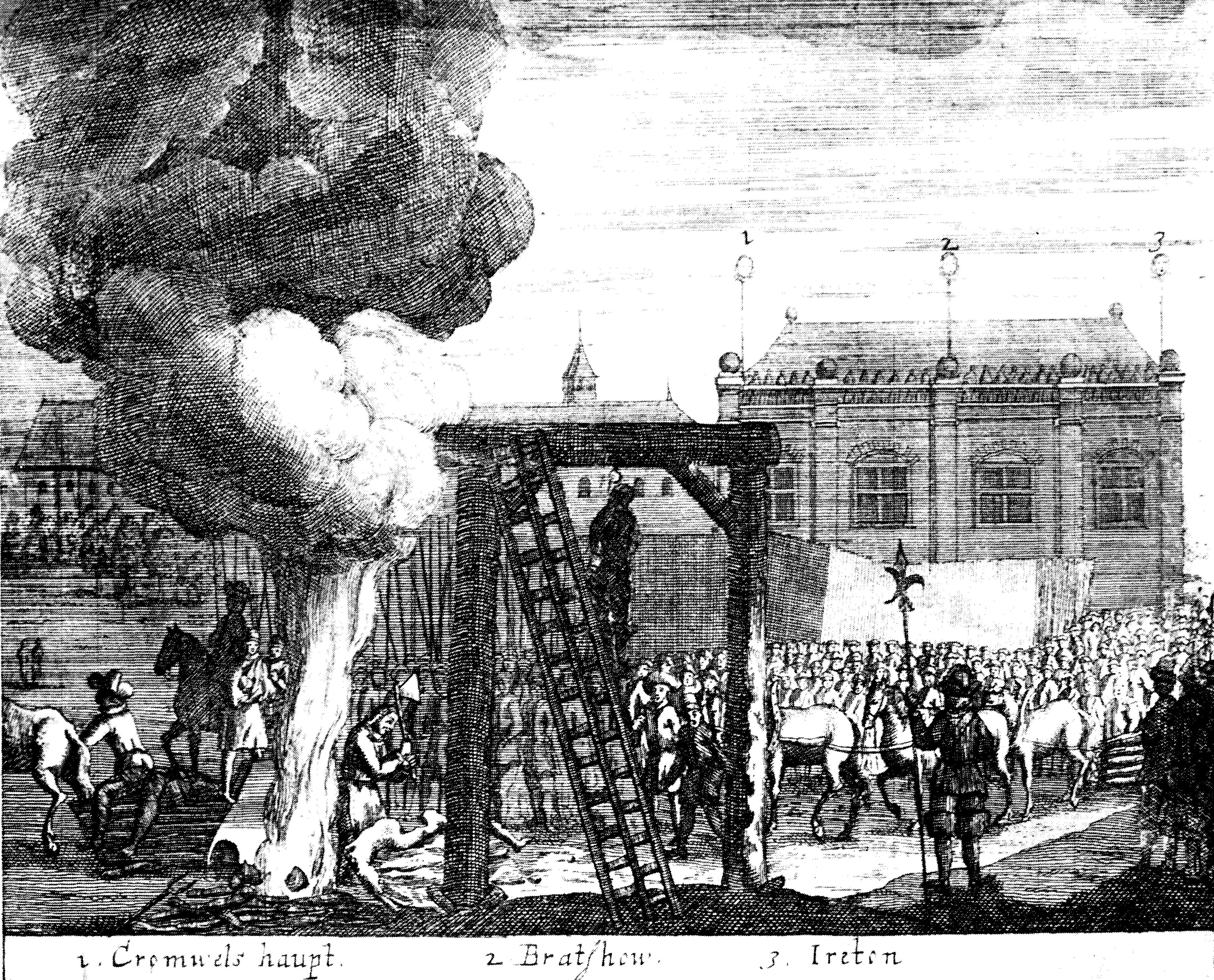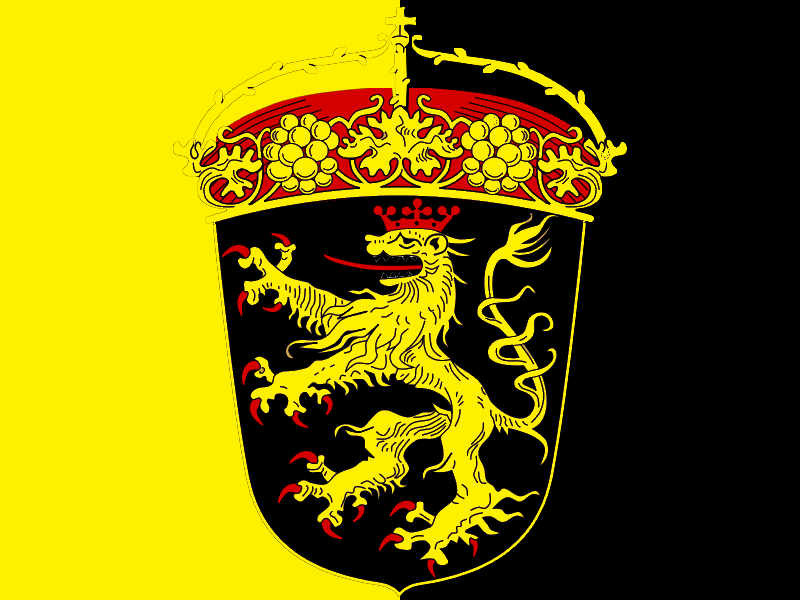|
William Hustler
Sir William Hustler (–1730), of Acklam, Yorkshire, and Little Hatfield, Holderness, Yorkshire was an English draper and Whig politician who sat in the English and British House of Commons between 1695 and 1710. He was a member of the Society for Promoting Christian Knowledge and was great patron of charity schools. Early life Hustler was the eldest son of William Hustler of Acklam and his wife Grace Savile, daughter of Sir John Savile of Lupset, near Wakefield, Yorkshire. He was knighted on 14 May 1673 and succeeded his father in 1678. On 8 July 1680, he married Lady Anne Wentworth, widow of Sir Matthew Wentworth of Bretton, Yorkshire, and daughter of William Osbaldeston of Hunmanby, Yorkshire. He built Acklam Hall in Cleveland in the early 1680s Career Hustler was returned unopposed as Member of Parliament for Northallerton at the 1695 English general election on the interest of the Whig Sir William Robinson, 1st Baronet. He signed the Association, but was absent fr ... [...More Info...] [...Related Items...] OR: [Wikipedia] [Google] [Baidu] |
Acklam, Middlesbrough
Acklam is an area in the Borough of Middlesbrough, North Yorkshire, England. It is believed that the settlement is Anglo-Saxon in origin, the name is Old English for "place at the oak clearings" or "place of oaks". At the 2011 census, the Acklam Ward had a population of 6,027 while Kader Ward had a population of 5,074. Brookfield Ward (Trimdon Ward since 2015) had a population of 5,712 while Ayresome Ward had 6,515. The four overall wards had a population of 23,328. History Manor of 1068 Acklam was referred to as "Aclun" in the 1086 ''Domesday Book''. A precursor to a civil parish, the 'manor' was eleven gold-taxed ploughlands, they would have been eleven settlements in the area. This manor's area had previously been owned by Earl Siward with the area passed to Hugh Earl of Chester in 1086. This manor's jurisdiction extended to over 24 plough-lands including Coulby farm, Hemlington, Stainton, Thornton, Maltby and Thornaby. Also listed were the later abandoned St ... [...More Info...] [...Related Items...] OR: [Wikipedia] [Google] [Baidu] |
Sir John Fenwick, 3rd Baronet
Sir John Fenwick, 3rd Baronet (c. 1645 – 28 January 1697) was an English Jacobite conspirator, who succeeded to the Baronetcy of Fenwick on the death of his father in 1676. He was involved in a Jacobite plot to assassinate the monarch. He was beheaded in 1697. Life Fenwick was the eldest son of Sir William Fenwick, or Fenwicke, a member of an old Northumberland family. He entered the army, becoming major-general in 1688, but before this date, he had been returned in succession to his father as one of the Members of Parliament for Northumberland, which county he represented from 1677 to 1687. He was a strong partisan of King James II, and in 1685 was one of the principal supporters of the act of attainder against the Duke of Monmouth; but he remained in England when William III ascended the throne in the Revolution of 1688. He had financial problems and in 1688 he sold the rump of the family estates and Wallington Hall to Sir William Blackett for £4000 and an annuity of £ ... [...More Info...] [...Related Items...] OR: [Wikipedia] [Google] [Baidu] |
Ralph Milbancke
Ralph (pronounced ; or ,) is a male given name of English, Scottish and Irish origin, derived from the Old English ''Rædwulf'' and Radulf, cognate with the Old Norse ''Raðulfr'' (''rað'' "counsel" and ''ulfr'' "wolf"). The most common forms are: * Ralph, the common variant form in English, which takes either of the given pronunciations. * Rafe, variant form which is less common; this spelling is always pronounced , as are all other English spellings without "l". * Raife, a very rare variant. * Raif, a very rare variant. Raif Rackstraw from H.M.S. Pinafore * Ralf, the traditional variant form in Dutch, German, Swedish, and Polish. * Ralfs, the traditional variant form in Latvian. * Raoul, the traditional variant form in French. * Raúl, the traditional variant form in Spanish. * Raul, the traditional variant form in Portuguese and Italian. * Raül, the traditional variant form in Catalan. * Rádhulbh, the traditional variant form in Irish. Given name Middle Ages * Ra ... [...More Info...] [...Related Items...] OR: [Wikipedia] [Google] [Baidu] |
Thomas Lascelles (died 1697)
Thomas Lascelles (1624 to 1697), also spelt Lassells, was an English radical politician and businessman of the second half of the 17th century. He is now best known for the construction of Mount Grace Manor House, one of the few extant examples of architecture from the 1649 to 1660 Commonwealth or Protectorate. Life The Lascelles were part of a network of mercantile interests in London, Yorkshire, Ireland, New England and Barbados. While unconnected to the aristocratic family of the same name, various branches were spread across Yorkshire, including Northallerton, Durham, Whitby, York, Harewood House and Terrington. The family tended to use the same names (Thomas, Francis, Robert, Henry etc), which often causes confusion. Thomas Lascelles was born in August 1624, fourth and youngest son of William Lascelles (died November 1624) and Elizabeth Wade; he had three brothers, Francis (1612-1667), Robert (1617-?) and Peregrine (1619-1658). Career Like many of his friends ... [...More Info...] [...Related Items...] OR: [Wikipedia] [Google] [Baidu] |
Hustler Arms
Hustler or hustlers may also refer to: Professions * Hustler, an American slang word, e.g., for a: ** Con man, a practitioner of confidence tricks ** Drug dealer, seller of illegal drugs ** Male prostitute ** Pimp ** Business man, more generally, possibly self-employed or self-made * Hustler, someone who deceives others by hustling, usually in sports Arts, entertainment, and media Films * ''The Hustler'' (1920 film), a German silent film starring Hans Albers * ''The Hustler'', a 1961 American film adaptation of the Tevis novel starring Paul Newman as Felson * ''The Hustlers'' (film), a 2010 Finnish comedy film * ''Hustlers'', an alternate name of the 2013 film ''Pawn Shop Chronicles'' * ''Hustlers'' (film), a 2019 American crime drama film starring Constance Wu and Jennifer Lopez Music * "Hustler" (song), a 2006 house music single by Simian Mobile Disco * "Hustler", a song by Kano on the album '' 140 Grime St'' * "Hustla", 2019 single by Kash Doll * "Hustlers", a song fro ... [...More Info...] [...Related Items...] OR: [Wikipedia] [Google] [Baidu] |
1710 British General Election
The 1710 British general election produced a landslide victory for the Tories. The election came in the wake of the prosecution of Henry Sacheverell, which had led to the collapse of the previous government led by Godolphin and the Whig Junto. In November 1709 the clergyman Henry Sacheverell had delivered a sermon fiercely criticising the government's policy of toleration for Protestant dissenters and attacking the personal conduct of the ministers. The government had Sacheverell impeached, and he was narrowly found guilty but received only a light sentence, making the government appear weak and vindictive. The trial enraged a large section of the population, and riots in London led to attacks on dissenting places of worship and cries of "Church in Danger". The government's unpopularity was further increased by its enthusiasm for the war with France, as peace talks with the French king Louis XIV had broken down over the government's insistence that the Bourbons hand ove ... [...More Info...] [...Related Items...] OR: [Wikipedia] [Google] [Baidu] |
Henry Sacheverell
Henry Sacheverell (; 8 February 1674 – 5 June 1724) was an English high church Anglican clergyman who achieved nationwide fame in 1709 after preaching an incendiary 5 November sermon. He was subsequently impeached by the House of Commons and though he was found guilty, his light punishment was seen as a vindication and he became a popular figure in the country, contributing to the Tories' landslide victory at the general election of 1710. Early life The son of Joshua Sacheverell, rector of St Peter's, Marlborough, he was adopted by his godfather, Edward Hearst, and his wife after Joshua's death in 1684. His maternal grandfather, Henry Smith, after whom he was possibly named, may be the same Henry Smith who is recorded as a signatory of Charles I's death warrant. His relations included what he labelled his "fanatic kindred"; his great-grandfather John was a rector, three of whose sons were Presbyterians. One of these sons, John (Sacheverell's grandfather), was ejected f ... [...More Info...] [...Related Items...] OR: [Wikipedia] [Google] [Baidu] |
German Palatines
Palatines (german: Pfälzer), also known as the Palatine Dutch, are the people and princes of Palatinates (Holy Roman principalities) of the Holy Roman Empire. The Palatine diaspora includes the Pennsylvania Dutch and New York Dutch. In 1709, England found itself hosting thousands of Palatines and other Germans who were fleeing famine, war and religious persecution in their native lands. Many of the first arrivals came from the Rhenish and Bavarian Palatinates, and the refugees became collectively known as the "Poor Palatines". They had been displaced by French invasions and famine during the Nine Years' War and the War of the Spanish Succession. After arriving in London, many were resettled in Ireland and British America. Towards the end of the 17th century and into the 18th, the wealthy region was repeatedly invaded by French troops during two wars. At that time the region had not yet fully recovered from the Thirty Years' War. They imposed a scorched-earth policy ... [...More Info...] [...Related Items...] OR: [Wikipedia] [Google] [Baidu] |
1708 British General Election
The 1708 British general election was the first general election to be held after the Acts of Union had united the Parliaments of England and Scotland. The election saw the Whigs finally gain a majority in the House of Commons, and by November the Whig-dominated parliament had succeeded in pressuring the Queen into accepting the Junto into the government for the first time since the late 1690s. The Whigs were unable to take full control of the government, however, owing to the continued presence of the moderate Tory Godolphin in the cabinet and the opposition of the Queen. Contests were held in 95 of the 269 English and Welsh constituencies and 28 of the 45 Scottish constituencies. Summary of the constituencies See 1796 British general election for details. The constituencies used were the same throughout the existence of the Parliament of Great Britain. Dates of election The first general election held since the Union took place between 30 April 1708 and 7 July 1708. At th ... [...More Info...] [...Related Items...] OR: [Wikipedia] [Google] [Baidu] |
1705 English General Election
The 1705 English general election saw contests in 110 constituencies in England and Wales, roughly 41% of the total. The election was fiercely fought, with mob violence and cries of "Church in Danger" occurring in several boroughs. During the previous session of Parliament the Tories had become increasingly unpopular, and their position was therefore somewhat weakened by the election, particularly by the Tackers controversy. Due to the uncertain loyalty of a group of 'moderate' Tories led by Robert Harley, the parties were roughly balanced in the House of Commons following the election, encouraging the Whigs to demand a greater share in the government led by Marlborough Summary of the constituencies See 1796 British general election for details. The constituencies used in England and Wales were the same throughout the period. In 1707 alone the 45 Scottish members were not elected from the constituencies, but were returned by co-option in a part of the membership of the last Pa ... [...More Info...] [...Related Items...] OR: [Wikipedia] [Google] [Baidu] |
John Aislabie
John Aislabie or Aslabie (; 4 December 167018 June 1742), of Studley Royal, near Ripon, Yorkshire, was a British politician who sat in the English and British House of Commons from 1695 to 1721. He was of an independent mind, and did not stick regularly to the main parties. He was Chancellor of the Exchequer at the time of the South Sea Bubble and his involvement with the Company led to his resignation and disgrace. Background and education Aislabie's family were originally Yeoman farmers who lived in Hemingbrough. His father George Aislabie married into the highly influential Mallory family through Mary Mallory, daughter of Sir John Mallory of Studley Royal. He was admitted at St. John's College, Cambridge, in 1687 and at Trinity Hall, Cambridge, in 1692. He inherited the Studley estate from his mother's family in 1693, and started serious development of the garden around 1716. He was the first in England to introduce natural landscaping and created the water garden at Studl ... [...More Info...] [...Related Items...] OR: [Wikipedia] [Google] [Baidu] |
Ripon (UK Parliament Constituency)
Ripon was a United Kingdom constituencies, constituency sending members to the House of Commons of the United Kingdom, House of Commons of the Parliament of the United Kingdom until 1983, centred on the city of Ripon in North Yorkshire. History Ripon was first represented in the Model Parliament of 1295, and also returned members in 1307 and 1337, but it was not permanently represented until 1553, after which it returned two Member of Parliament (United Kingdom), Members of Parliament. It was a parliamentary borough consisting only of the town of Ripon itself until the Great Reform Act of 1832; the right to vote was vested in the holders of the tightly controlled burgage tenements — count-of-head polls were accordingly rare — for, the last contested election in Ripon before the Reform Act 1832 was in 1715. By 1832 it was estimated that there were 43 men qualified to vote; the total of adult males over age 20 in the township in 1831 was recorded at 3,571. Such a bu ... [...More Info...] [...Related Items...] OR: [Wikipedia] [Google] [Baidu] |




.jpg)

.jpg)